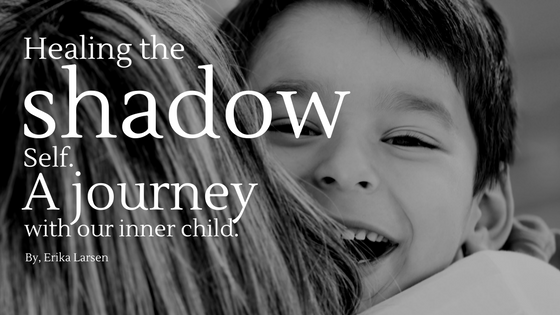Navigating criticism can be hard to receive if, like me, you are a sensitive soul. It feels like a direct hit to your worth and value as a person instead of being a critique of your behavior. In navigating my adversity to criticism, I’ve created these essential steps to shift how we process criticism for greater self-esteem and reclaiming your power.
- Criticism is not a character attack. When we are sensitive, it’s hard not to take criticism personally. It can leave us feeling a range of emotions like shame, low self-esteem, and worthlessness. We may begin to doubt our abilities, intelligence, and life choices or even become paralyzed our of fear of failing. We may not go for that promotion, write that book, or follow our dreams because we feel too vulnerable. It’s as if we are being attacked instead of simply receiving feedback. Maybe we endured abuse in our childhood or were over criticized by teachers or a parent. Perhaps we were coddled so we never gained the inner strength to withstand the feedback. It’s essential to know what is being criticized, is it a product, behavior, or action? Having this awareness provides a perspective that allows us to separate the critique from the person being critiqued.
- Your worth and value are not synonymous with criticism. This is HUGE. When you know your worth and value is not at stake, it’s easier to receive feedback because actions are malleable. We realize we are enough and therefore we are owning our worth, knowing our value and loving ourselves. When we are embodying self-acceptance at our core, we know it’s no one else’s job to accept us. We can give those tender parts of ourselves the love we have always sought outside ourselves. We learn that no critique may enter those sacred places within us and there is immense power and freedom in that.
- Know who you are receiving criticism from. The phrase, “take it with a grain of salt,” comes to mind. Knowing the type of person providing feedback and their motive helps us gain clarity about the quality of the input and how we receive it. Is the feedback being delivered in a constructive, friendly manner, with a toxic undertone, or somewhere in between?
- Do not tolerate abuse. A healthy mature personality providing feedback will deliver it in a healthy and direct communication style, pointing on what needs to be improved upon and where you stand in the situation. An unhealthy or immature personality will deliver feedback laced with manipulation or in a passive-aggressive or aggressive undertone. Abuse of any kind, including the less obvious verbal and emotional types are not to be accepted in any form. Standing your ground and leaving this dynamic and any cost is the only way to break the cycle of abuse. Abusive personalities can only abuse you when you believe you are powerless in the situation. Whatever you need to do to take your power back will sever the pattern and create healthier boundaries and a sense of empowerment within you, regardless how scary and fearful this could feel. Enduring abuse and trying to pretzel yourself to improve the situation and gain love or acceptance will only continue the abuse cycle. There can be a lot at stake leaving an abusive pattern. When the cost staying becomes too great will the abused often finally step through their fears to say NO MORE. If this is you, stay strong and know there are unknown capacities of peace and strength found within when the cycle ends.
- To judge or discern. To discern is to observe objectively. To judge is to conclude subjectively, usually as toxic or harmful criticism. When we judge, we see a mirror of a place within ourselves that needs love at that moment. I lean on a potent mantra from the brilliant Matt Khan, “Let the one judging be the first in line to be loved.” This means whoever is judging, whether it’s our own negative inner voice, your bias or judgment projected onto another, or in personally receiving judgment, leaning into this mantra will shift you out of any insecurity or negativity and into love. Seeing the places within ourselves and others that need to be loved is an act of empathy and compassion, even if you don’t know how to love, the acknowledgment and intention for love are enough.
You may also like:
Three Essentials to Being ALL IN





